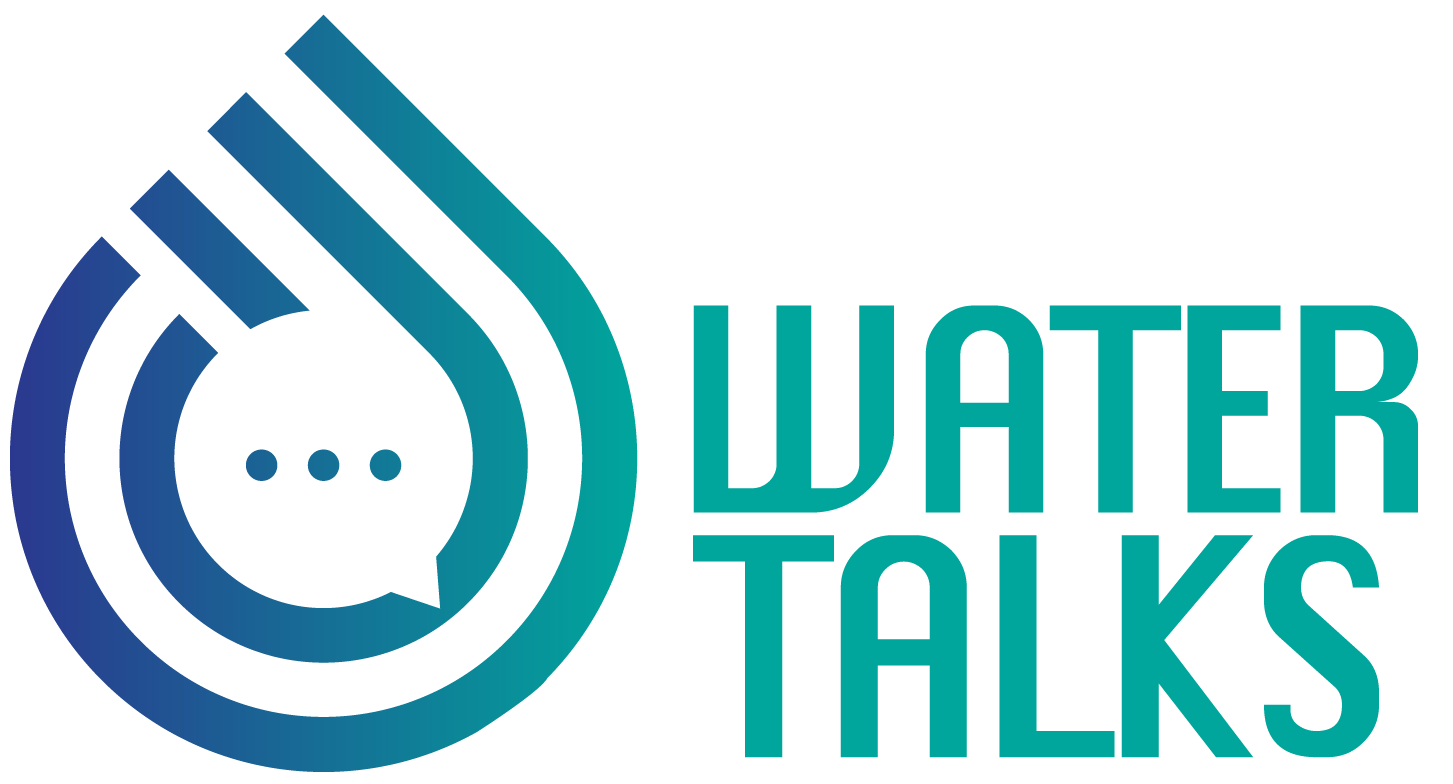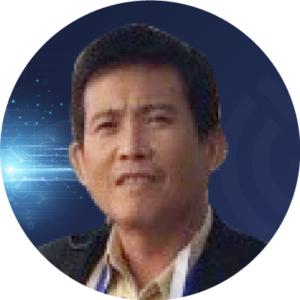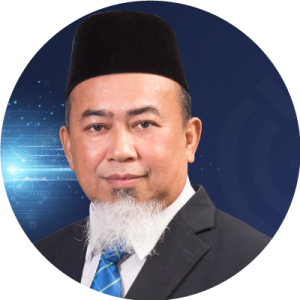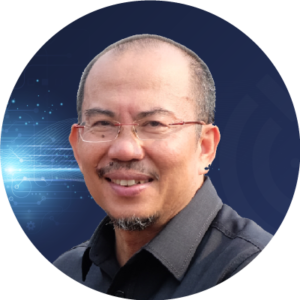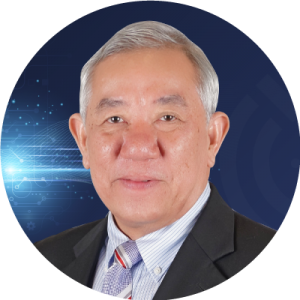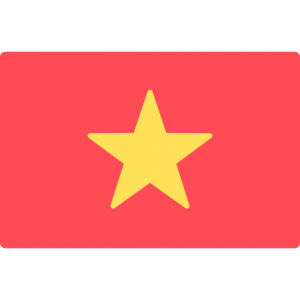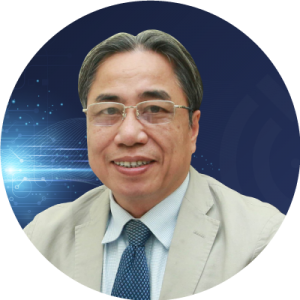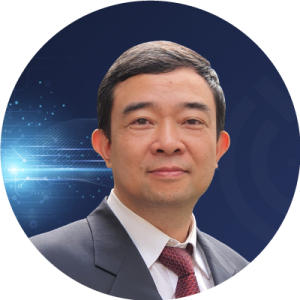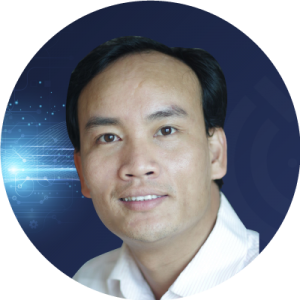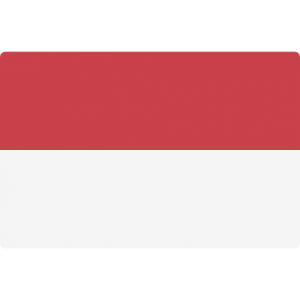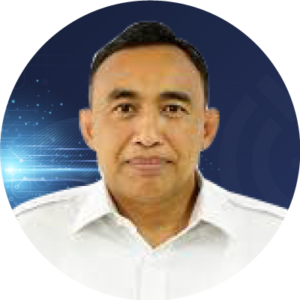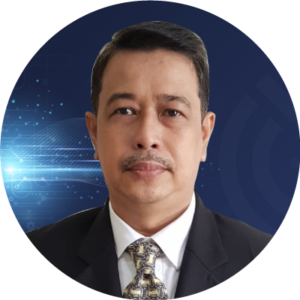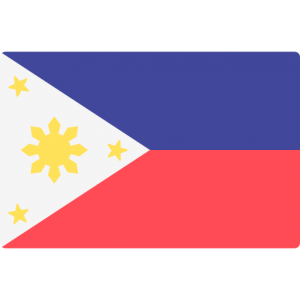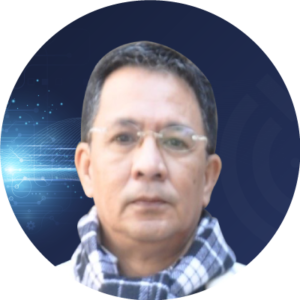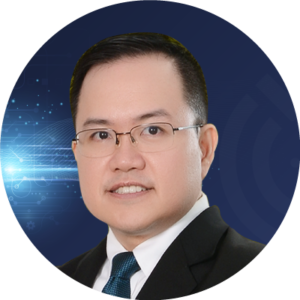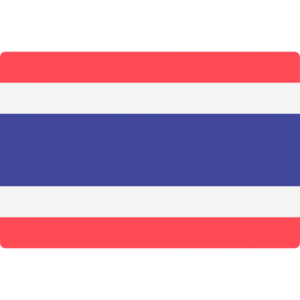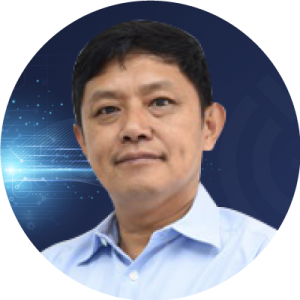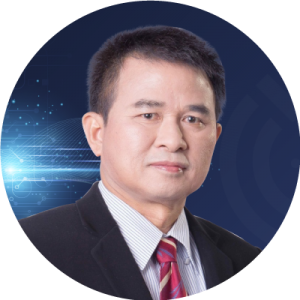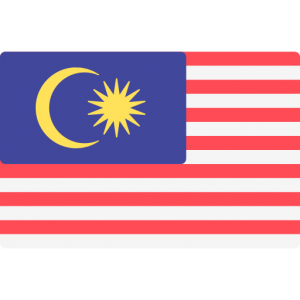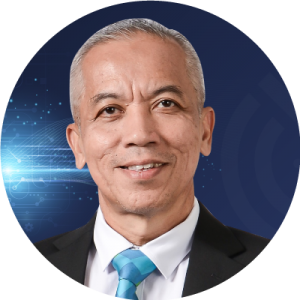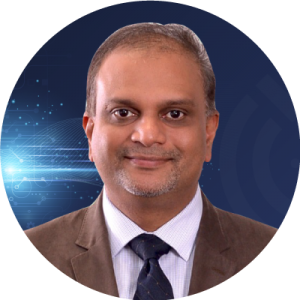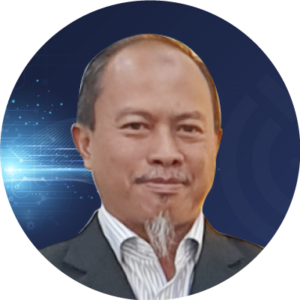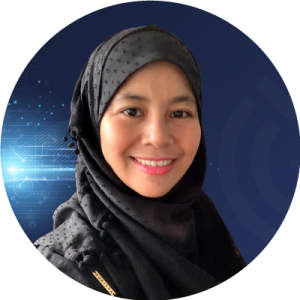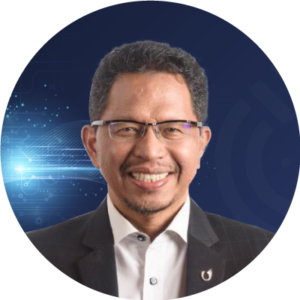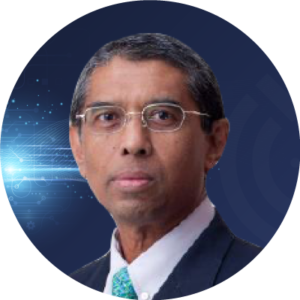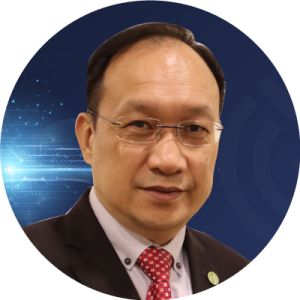Assistant professor Duangrudee Kositgittiwong Kongkitkul, Ph.D.,
Department of Civil Engineering,
Faculty of Engineering,
King Mongkut’s University of Technology Thonburi
Ms. Duangrudee Kositgittiwong Kongkitkul, Ph.D., SFHEA, currently is the Assistant Professor Department of Civil Engineering, Faculty of Engineering at the King Mongkut’s University of Technology Thonburi, Thailand.
She holds a Ph.D. in Civil Engineering from King Mongkut’s University of Technology Thonburi, Thailand in 2012. She holds a B.Eng in Civil Engineering (1st class honor) from King Mongkut’s University of Technology Thonburi, Thailand in 2005.
Awards and scholarships:
Best Paper Award from the paper of “Enhancement of Generic and Specific skills in Water Resources Engineering Courses by Active Learning”, The 26th National Convention on Civil Engineering, Thailand, 23-25 June 2021, CEE- 01. (in Thai)
Best Paper Award from the paper of “A Study of Bank Slope Behavior and Erosion Protection through Natural Geotextile and Geocell”, The 26th National Convention on Civil Engineering, Thailand, 23-25 June 2021, WRE-01.
Senior Fellow of the Higher Education Academy (SFHEA), UK.
KMUTT teaching award for the 2016 academic year.
Popular vote from the students for the 2014, 2015, and 2016 academic years:
Best Paper Award from the paper of “The use of computational fluid dynamics wave simulation in the coastal zone of Thailand”, The 3rd Asian Wave and Tidal Energy Conference, Singapore, 24-28 October 2016.
Hitachi Research Fellowship: July – August 2016, Laboratory of Hydraulic Research, Faculty of Engineering, Hokkaido University, Japan.
Best Paper Award from the paper of “Comparison of physical and numerical models on smooth and stepped spillway overflow”, Proceedings of the 1st EIT International Conference on Water Resources Engineering, Petchaburi, Thailand, 18-19 August 2011.
The Royal Golden Jubilee Ph.D. scholarship.

